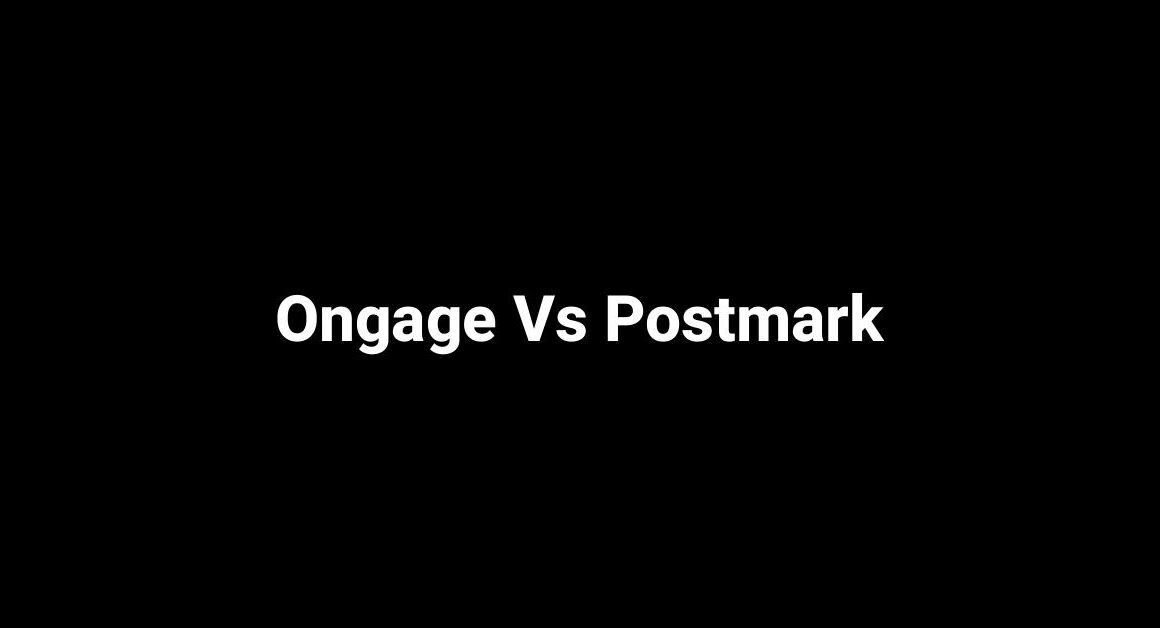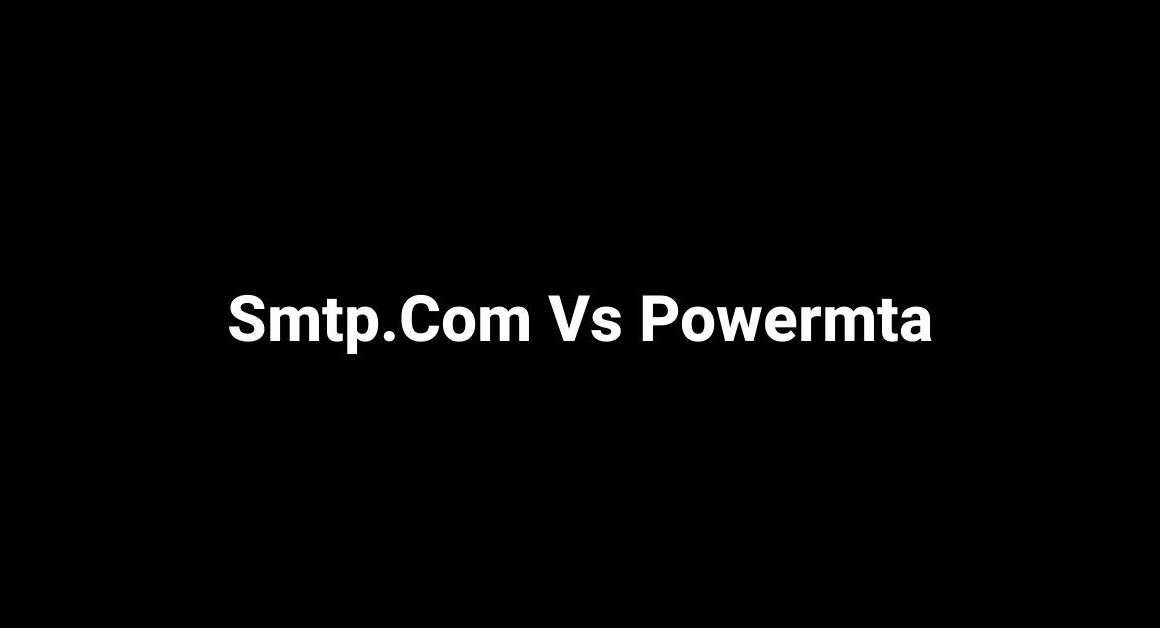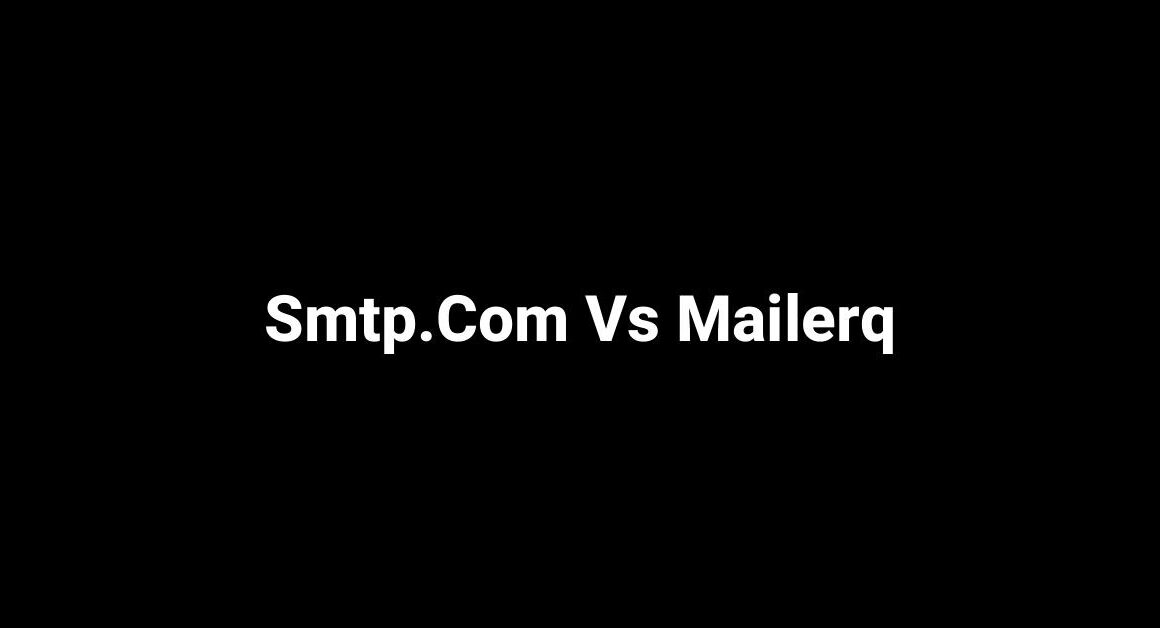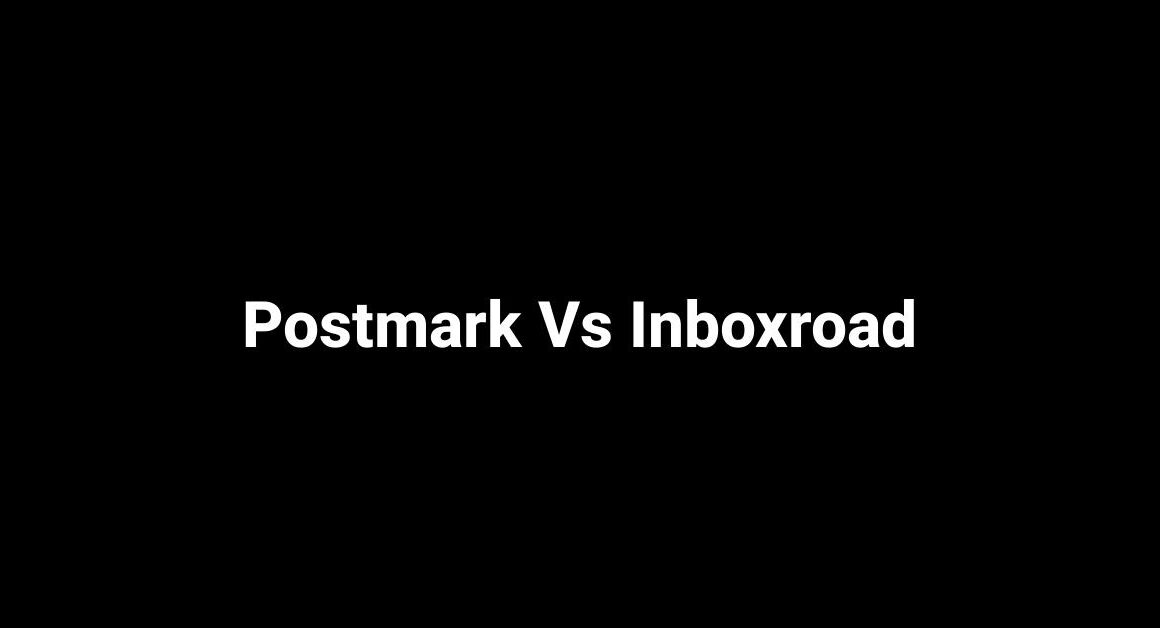Nick’s Review of Ongage Vs Postmark
Ongage is being positioned as a better alternative to Campaign Monitor for email marketing campaigns. The blog post highlights the limitations of Campaign Monitor, such as limited features and analytics, and encourages users to choose Ongage for higher revenue and improved campaign performance. The post includes testimonials from customers who have experienced significant increases in revenue and email list growth by using Ongage. The blog also compares the features of Ongage and Campaign Monitor, emphasizing Ongage’s advanced capabilities in areas such as personalization, segmentation, email validation, and IP warming. It mentions that Ongage supports a wide range of verticals and offers flexible plans. The post concludes by highlighting Ongage’s fast support, free onboarding, high uptime, and dedicated account manager. It also mentions the legal compliance certifications that Ongage has, such as GDPR, ISO 27001, and CCPA. The blog encourages users to sign up for a free trial and mentions that Ongage can seamlessly switch users from Campaign Monitor without any downtime. It emphasizes that Ongage is a small business that cares about its customers’ success and offers personalized training and consultancy. The blog also includes FAQs and contact information for users to get in touch with Ongage. The post ends by mentioning Ongage’s commitment to privacy and includes links to the company’s privacy policy and terms of service.
Tina’s Review of Ongage Vs Postmark
Email authentication is an essential aspect of email marketing that helps protect brand reputation, increase deliverability, and prevent cybercrime. There are several email authentication protocols that brands can implement to ensure the security and authenticity of their emails.
The first step in email authentication is opening a domain. Brands should choose a domain name that is trustworthy and relevant to their brand. It’s recommended to register your own domain name rather than using one provided by a mail provider.
The three main types of email authentication protocols are Sender Policy Framework (SPF), Domain Keys Identified Mail (DKIM), and Domain Message Authentication Reporting and Conformance (DMARC). SPF checks the ‘from’ address of an email to ensure that the sender is authentic. DKIM adds a private cryptographic key to the headers of messages, making them tamper-proof. DMARC builds on SPF and DKIM and provides feedback on unauthenticated emails, allowing senders to track fraudulent emails and set specific policies for ISPs.
Another protocol, Brand Indicators for Message Information (BIMI), allows brands to mark their emails as their own by displaying their logo in the inbox. This increases brand visibility and helps subscribers verify the authenticity of the email.
Email authentication is important not only for security but also for deliverability. By implementing these protocols, brands can reduce spam, avoid phishing attacks, and improve overall trust in their brand. It also ensures that emails pass ISP authentication and get delivered to the recipients’ inbox.
To implement email authentication, brands need to add TXT records to their DNS, providing the necessary information for each protocol. They can also use third-party services to receive aggregate and forensic reports, which help track email activity and identify potential issues or malicious activity.
Overall, email authentication is crucial for maintaining a secure and trustworthy email marketing strategy. By implementing these protocols, brands can protect their emails from cybercriminals, improve deliverability rates, and build a strong relationship with their customers.




